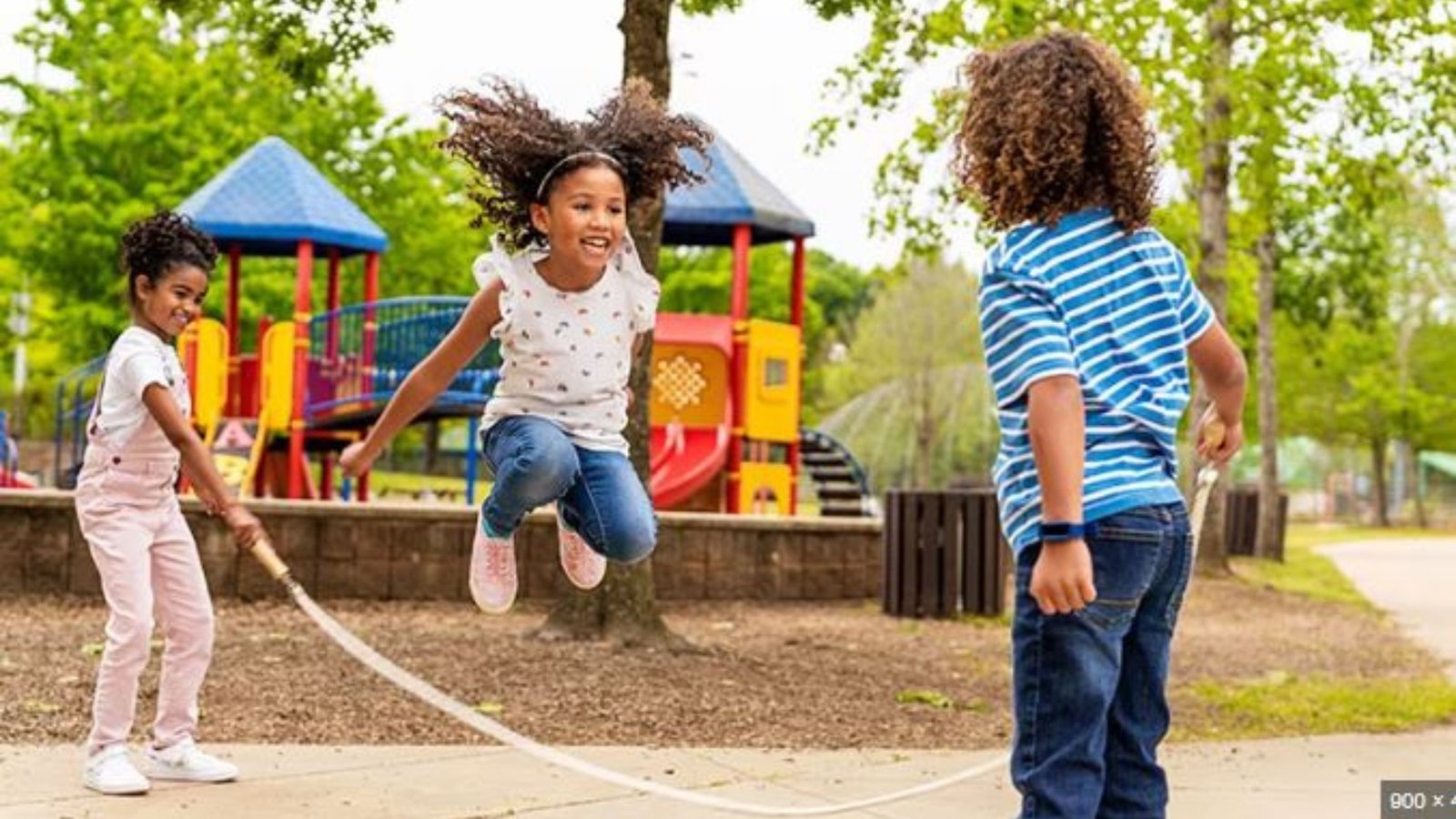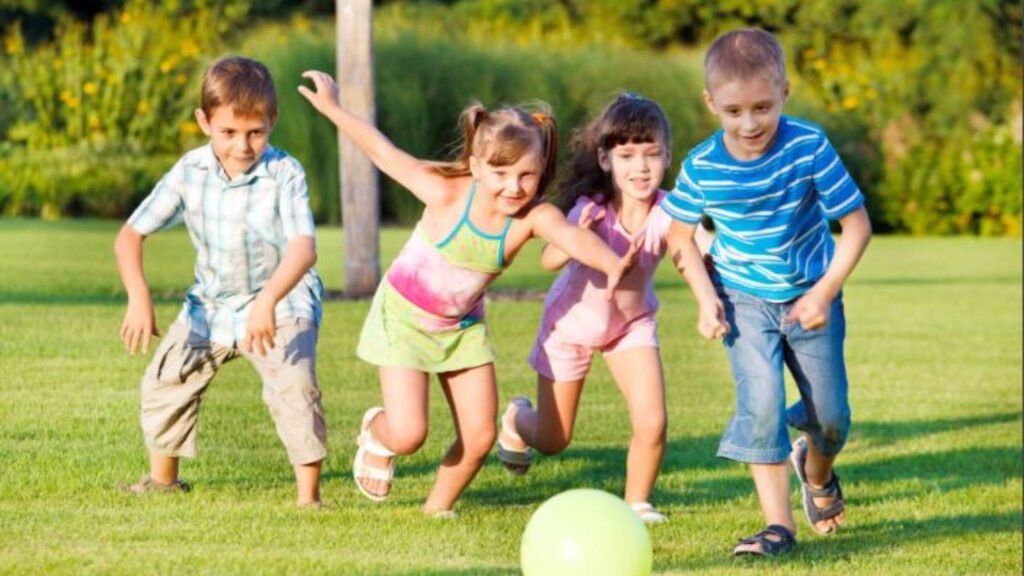The importance of physical activity for kids cannot be overstated. Regular exercise plays a vital role in children’s physical, mental, and emotional development. It contributes significantly to their overall health and well-being. This blog post explores why physical activity is crucial and provides practical tips for ensuring that kids stay active.

1. Enhancing Physical Health
The importance of physical activity for kids is evident in its role in enhancing physical health. Engaging in regular exercise helps children develop strong muscles and bones, improves cardiovascular fitness, and supports a healthy weight. Activities such as running, swimming, or playing sports contribute to better physical health.
Exercise helps children manage their weight by burning calories and increasing their metabolism. Moreover, it reduces the risk of chronic diseases such as obesity, diabetes, and heart disease. Encouraging your child to be active daily helps establish healthy habits that can last a lifetime.
2. Boosting Mental and Emotional Well-being
The importance of exercises for kids extends beyond physical health. Regular exercise also boosts mental and emotional well-being. Physical activity stimulates the release of endorphins, which are natural mood lifters. This leads to reduced stress and anxiety levels in children.
Furthermore, exercise improves cognitive functions such as concentration, memory, and problem-solving skills. Active children often experience better academic performance and enhanced self-esteem. Incorporating physical activity into their routine helps them feel happier and more confident.
3. Promoting Social Skills and Teamwork
The importance of physical activity for kids includes promoting social skills and teamwork. Many physical activities, such as team sports or group exercises, require children to work together. This collaboration fosters teamwork, communication, and leadership skills.
Children learn to cooperate with peers, follow rules, and handle wins and losses gracefully. These experiences contribute to their social development and help them build strong relationships with others. Participation in group activities also helps children develop a sense of belonging and community.
4. Establishing Healthy Habits
The importance of physical activity for kids involves establishing healthy habits early in life. By integrating physical activity into daily routines, children learn the value of staying active. This foundation helps them maintain an active lifestyle into adulthood.
Incorporating fun and enjoyable activities increases the likelihood that children will continue to be active. Whether it’s biking, dancing, or playing a sport, choosing activities they enjoy makes exercise a positive and anticipated part of their day. Encouraging regular activity helps children view exercise as an enjoyable and essential aspect of their lives.
5. Encouraging Safe and Fun Activities
The importance of physical activity for kids also includes encouraging safe and fun activities. It’s essential to choose age-appropriate activities that match your child’s interests and abilities. Providing a variety of options ensures that they stay engaged and motivated.
Always prioritize safety by ensuring that children use proper equipment and follow safety guidelines. Supervise activities to prevent injuries and provide encouragement and support. Creating a safe and enjoyable environment helps children develop a positive attitude toward physical activity.
Conclusion
In conclusion, the importance of physical activity for kids is evident in its multiple benefits for physical, mental, and emotional health. Regular exercise enhances physical health, boosts mental well-being, promotes social skills, and helps establish lifelong healthy habits. By encouraging safe and enjoyable activities, parents can foster a positive attitude toward physical activity. Ensuring that children stay active is key to supporting their overall development and well-being.

